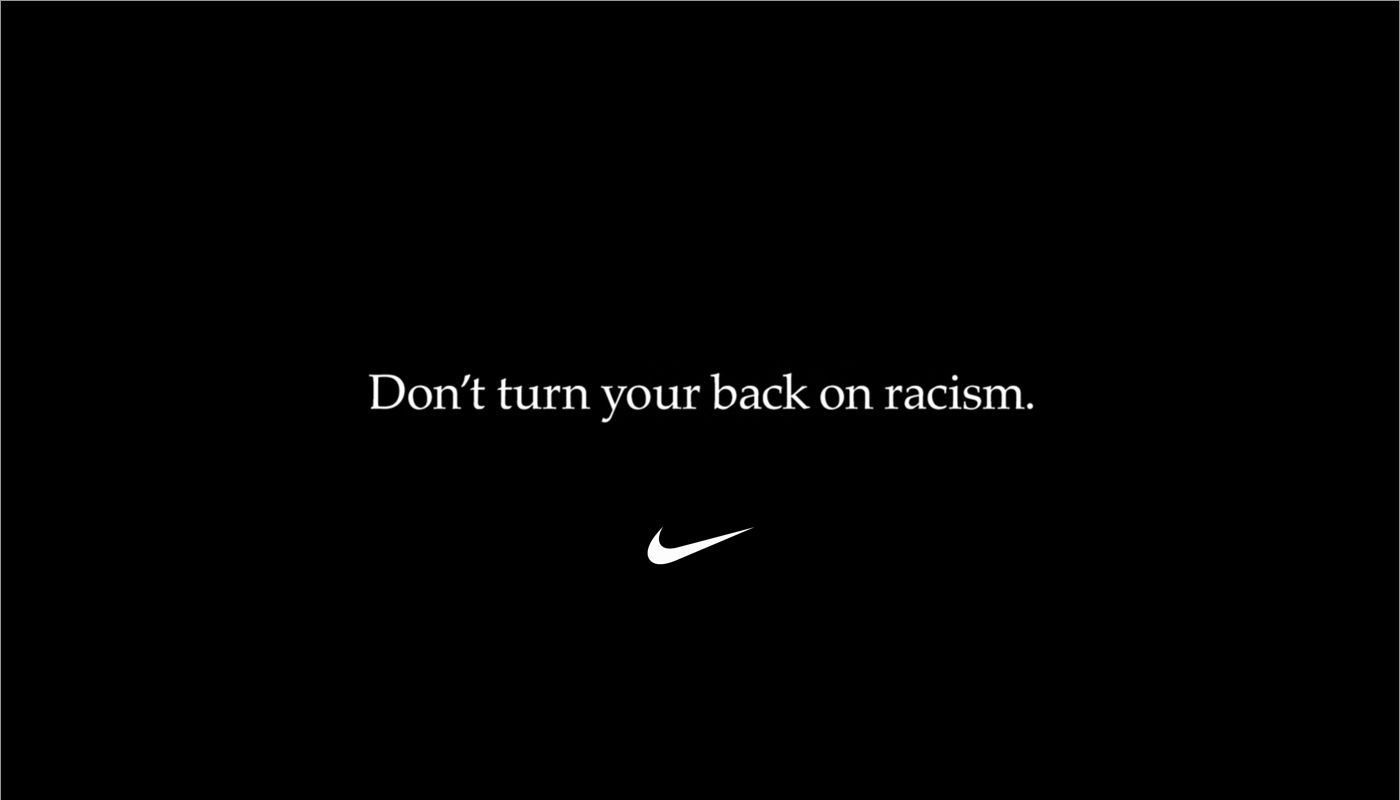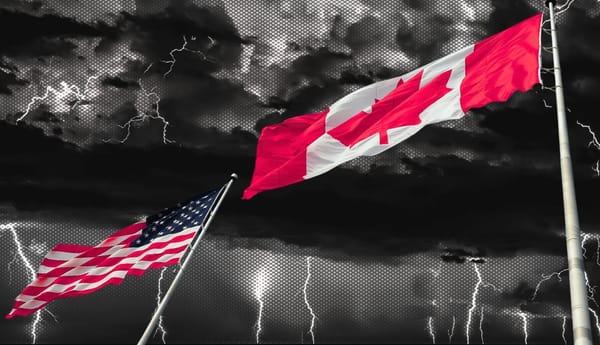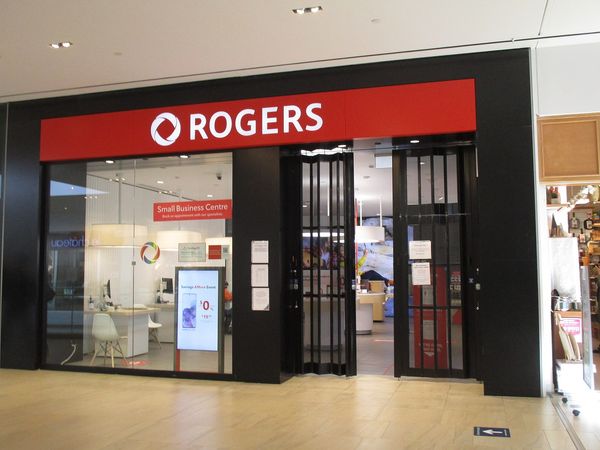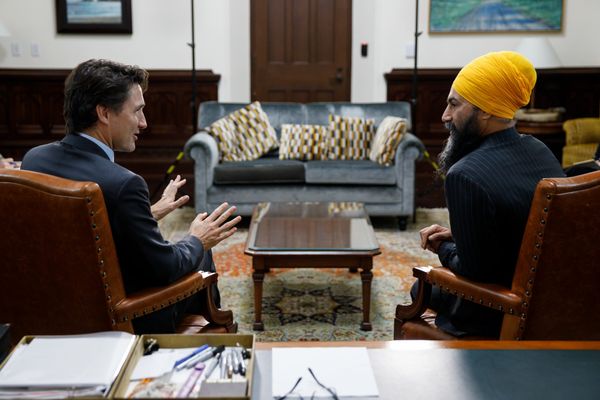Over the last couple weeks, protests against police brutality and anti-Black racism have broken out in cities across the United States, Canada and many other countries. The recent deaths of George Floyd, Breonna Taylor, Ahmaud Arbery, Regis Korchinski-Paquet and D’Andre Cambell have ignited mass calls to dismantle the institutions responsible for the systemic racism that plagues our countries.
Of course, it didn’t take long for massive corporations such as Amazon, Nike and even British Petroleum (BP) to take to social media with black squares and white writing, expressing their solidarity with the Black community and denouncing racial injustices. What they haven’t done, however, is open their wallets.
Co-opting activism — woke-washing — isn’t new. In the century since public relations was invented, corporations have repeatedly marketed progressive causes in hopes of disguising their significant contributions to social problems. Not only do these companies want clout for their social media solidarity, they also want us to believe the problem is “out there” and not in their houses.
History tells us otherwise.
British Petroleum
I don’t know about you, but in times of strife I look to my favourite oil and gas company for moral guidance. So, it was with great interest that I read BP CEO Bernard Looney’s June 1 statement on the perils of, and the lengths the company goes to combat, racial injustice. Looney states, “Many of you are probably not aware, but BP was a major contributor to the building of the memorial in Washington, DC to the great civil rights leader Martin Luther King, Jr.”
This is wading in “I’m not racist because I have a Black friend” territory, but it’s much worse. BP reaps billions in profit every year off of the degradation of the environment. Along with three other companies, BP is estimated to be responsible for more than 10 per cent of the world’s carbon emissions since 1965. We know that climate change disproportionately impacts low income and predominantly racialized communities. It’s also no coincidence that communities facing racial violence are inundated with fossil fuel extraction, increased pollution and health inequities. There’s no racial justice without climate justice.
Moreover, in 2010 in Louisiana, after the largest oil spill in history, BP employed cheap prison labour — almost exclusively Black men — to clean up. BP is complicit in profiting off of mass incarceration in a state where more than 65 per cent of inmates are Black. They also exposed vulnerable prison populations to strenuous, low paying and hazardous working conditions.
But yes, thank you for your brave statement Bernard.
Amazon
Amazon released a similarly tone deaf statement, claiming, “Together we stand in solidarity with the Black community… in the fight against systemic racism and injustice.” This is pretty hard to take seriously when Amazon founder Jeff Bezos’ wealth has grown by 33 billion during this pandemic, profit generated on the backs of exploited Black labourers, more than 85 percent of whom are employed at the lowest waged jobs.
In a recent union-busting effort, the company fired Chris Smalls, a Black warehouse worker, after he organized a walkout at an Amazon facility in Staten Island to protest the company’s lack of precautions to protect workers from COVID-19.
The company has been repeatedly called out for the despicable working conditions of their lowest paid employees. Many of their part-time workers have no access to employer subsidized health insurance, job security or paid sick time. Even though the pandemic isn’t over, Amazon recently dropped a $2 per hour pay raise for warehouse labourers meant to reward them for the health risks of coming to work.
In 2018, Amazon made more than 11 billion in profits and paid nothing in corporate taxes in the U.S., hoarding wealth that should be spent on vital social services. In further evidence of the emptiness of their solidarity, Amazon developed and currently sells racially biased facial recognition software to police departments. The ACLU reported that this software could exacerbate harmful police practices toward racialized people.
If Black lives really mattered to Amazon, they could change their policies instead of just releasing statements.
Nike
The co-option of activism has evolved over the years as consumerism has become a larger part of the way we define our identities. Companies put out statements so we believe that when we buy their products, we’re shopping our way to a more equitable world. Nike has perfected this tactic.
On May 29, Nike released a short solidarity video with the slogan, “For once don’t do it,” followed by a series of ‘don’ts’: don’t accept racism, don’t pretend it doesn’t exist.
In 2018, Nike released their controversial “Dream Crazy” ad campaign starring Colin Kaepernick, who was effectively banished from the NFL for taking a knee during the national anthem to protest police brutality. While some burned their Nike shoes in response, many more praised the company and their stocks rose in the following weeks.
Large corporations don’t operate altruistically — they take a stand on social issues when they’ve calculated the risk and it’s in their economic interests to do so. Where were these companies when Eric Garner and Michael Brown were killed? In this moment, there’s arguably greater economic risk in not using your platform to denounce racism than in doing so.
This isn’t to say that supporting Kaepernick wasn’t ultimately a good thing. That’s what makes these ‘acts’ of performative solidarity so hard to critique: they’re doing something, even if it’s lip service, when they could be doing nothing. The bar is low.
Yet, it stands that Nike is another company with a history of racial discrimination within its North American workforce. This includes a class action lawsuit that accused Nike managers of using racial slurs toward Black employees and customers, accusing Black workers of theft and prohibiting upward mobility within the company. They‘ve also exploited children and garment workers in the Global South, as they outsource manufacturing to factories with poor working conditions.
Every time I see companies performing “activism,” I’m reminded of Prime Minister Justin Trudeau marching in the September 2019 Climate Strike in Montreal. It’s like storming the castle that you live in: You can’t meaningfully denounce racism without admitting that you’re part of the problem.
Many tech companies, including Facebook and YouTube, have pledged one time donations to racial justice organizations. This is definitely a step up, but as long as these actions are tied to public outrage and the news cycle rather than a long term commitment to change within their organizations, it will fall short of what’s needed. If these companies want to eradicate racism, they should start with things within their reach.
Under “normal” circumstances, Black and Indigenous communities face higher rates of unemployment, over-representation in low-waged precarious work, a racial wealth gap and health disparities. Coronavirus has further exacerbated these conditions, and there’s evidence that Black communities have been hit hardest by the pandemic in both Canada and the U.S.
In order to enact genuine change, corporations need to: tackle labour issues in their global supply chains; pay their workers a living wage; ensure decent working conditions and healthcare for employees; activate anti-racism policies in their training, hiring and promoting practices; use their lobbying power to demand accountability on harmful policing practices.
Until corporations decide to walk the talk, I will hold my applause for their tweets.






